Five ways Millennials are driving workplace change
In a recent edition of ‘Sprint's Breaking Next’ series on Cheddar, I, a Gen Xer with a penchant for Millennial ways, had the opportunity to discuss how Millennials and technology are reshaping the office of the future—with two bona fide Millennials.
by Pushpa Gowda
Pushpa Gowda, Global Technology Engagement Director, JLL
 Millennials have become known as the generation that doesn’t take no for an answer – and it’s no different at work. Coming of age during the explosion of digital technology, they learned it was entirely reasonable to expect what they want, when and where they wanted it. This new world view, combined with advancing technology, is forcing a Fourth Industrial Revolution that impacts our lives at home, play, and especially at work.
Millennials have become known as the generation that doesn’t take no for an answer – and it’s no different at work. Coming of age during the explosion of digital technology, they learned it was entirely reasonable to expect what they want, when and where they wanted it. This new world view, combined with advancing technology, is forcing a Fourth Industrial Revolution that impacts our lives at home, play, and especially at work.
In a recent edition of ‘Sprint’s Breaking Next’ series on Cheddar, I, a Gen Xer with a penchant for Millennial ways, had the opportunity to discuss how Millennials and technology are reshaping the office of the future—with two bona fide Millennials. Unlike their parents’ generation, they don’t see a hard line between the Monday-Friday, 9-5 grind and personal time. They see life as a rich blend of experience that enables them to move between work and personal life with ease. They are ambitious and hard-working, willing to work hard to achieve a goal. Those are values my generation shares too, but the tools to achieve those realities simply didn’t exist—until now.
Offices designed for the future of work are embracing mobile, social and cloud technology advances to give Millennials the boundary-less workplace they demand. Whether they choose to work from a corporate office or a co-working space, from an airport lounge or the hotel lobby, or simply from their favorite coffee shop or den. They’re abandoning doors and hard office walls to break down barriers and offer more choice. They’re also delivering on work-life integration, from talent-friendly perks like on-site dry cleaning and tech-enabled gaming rooms to sophisticated tele-presence robots that make it even easier to attend a meeting virtually. Companies know that all these perks help retain and attract talent.
Changing the way the workplace looks and functions
Digitization, artificial intelligence, the Internet of Things, and robotic process automation are all turning the world of work on its head—and the workplace is changing along with it. In fact, JLL has a dedicated model to The Future of Work which is our outlook on the changing world of work and its impact on the next generation of corporate real estate. The model helps companies embrace change and create opportunities in the new world of work.
Imagine this scenario: your smartphone wakes you up a half hour early because it’s raining outside, and you need to get on the road sooner to stay on schedule. A little while later, that same phone will downsize the office conference room to accommodate a smaller group than was originally planned on because of the rain, with coffee reset automatically to brew for six people instead of the original 12.
In the not-too-distant future, this scenario will be more than possible, it will be typical.
As advances in technology and generational change converge, expect to see these other once-lofty, now achievable ideals become mainstays of desirable workplace.
- A Chief Happiness Officer for every C-Suite. According to a recent JLL survey, nearly 90 percent of respondents say they want a Chief Happiness Officer. It’s easy to see why when you consider that Millennials aren’t interested in sterile, one-size-fits-all environments. They want unique workplace options that make them feel good. Focusing on happiness is more than just a feel-good experience. It encourages employee contentment, reduces turnover costs and spurs innovation and productivity.
- The office will look more like a hipster coffee bar, less like a cube farm. Goodbye, Dilbert—hello, cooler-than-thou barista. Future-friendly workspaces will inspire workers to meet other people and chat over a cold-brew coffee or a brew-house ale. That’s not distraction—it’s how innovation happens.
- Every company will be a tech company. Tech companies may have introduced the corporate foosball table, but these days, any sector benefits from embracing workplace tech trends that make us better at whatever we do. Digital transformation is increasingly about survival in workplaces, in facilities, everywhere.
- Robots are joining the ranks. Your next new colleague could be a robot, and that could be a good thing. Human roles are still vital in most enterprises, but the introduction of robotic co-workers can help prompt new roles for humans, and uncover new efficiencies for automation.
- Hyper-personalized workspaces will know what you want, before you want it. Cognitive computing will anticipate and produce employees’ ideal environments, from preferred temperature and lighting to music station. And they can do it without the employee even having to touch a screen. Biometrics like body or retinal sensors can set up and personalize a workspace without even being asked.
As digital transformation continues to accelerate at full pace, it is being used to reinvent the traditional office on every level. The future-friendly workforce is emerging to deliver on Millennial expectations—but theirs is not the only generation that can appreciate the value of a personalized, on-demand workplace.
If you’re interested in hearing more on this topic, check out our Notes from Davos blog as JLL was in Davos, Switzerland at the World Economic Forum last month discussing this and more about how the most innovative, forward-thinking business leaders are preparing for the future of work.


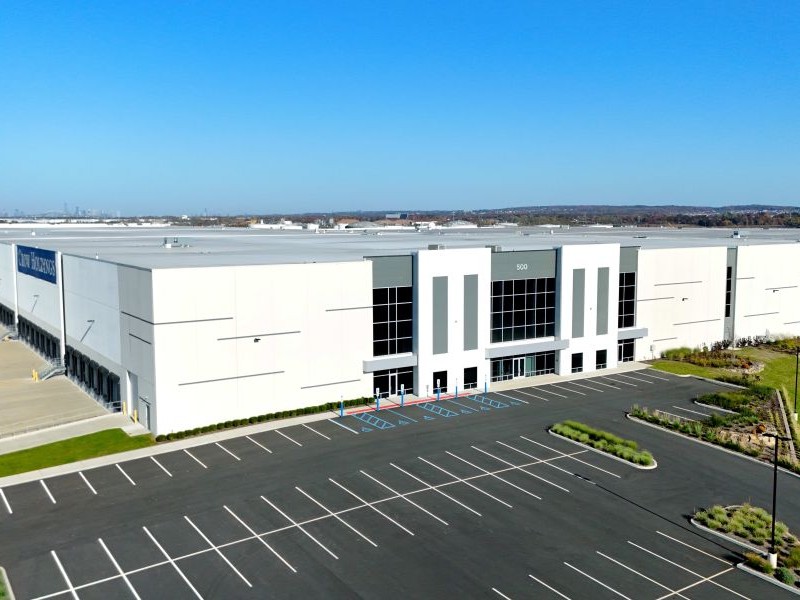
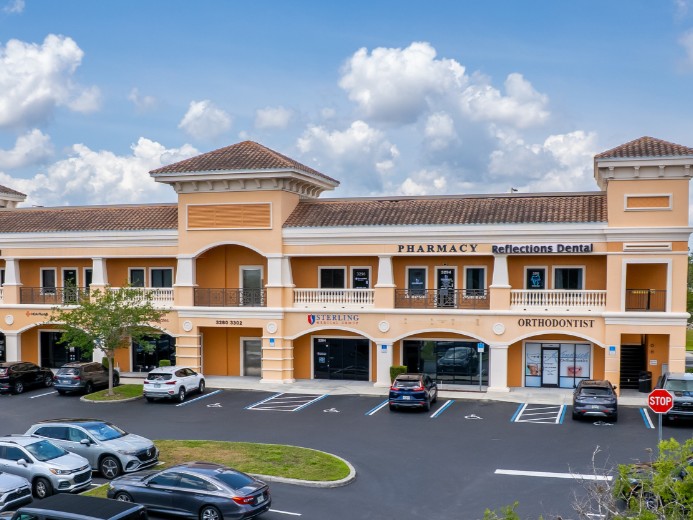
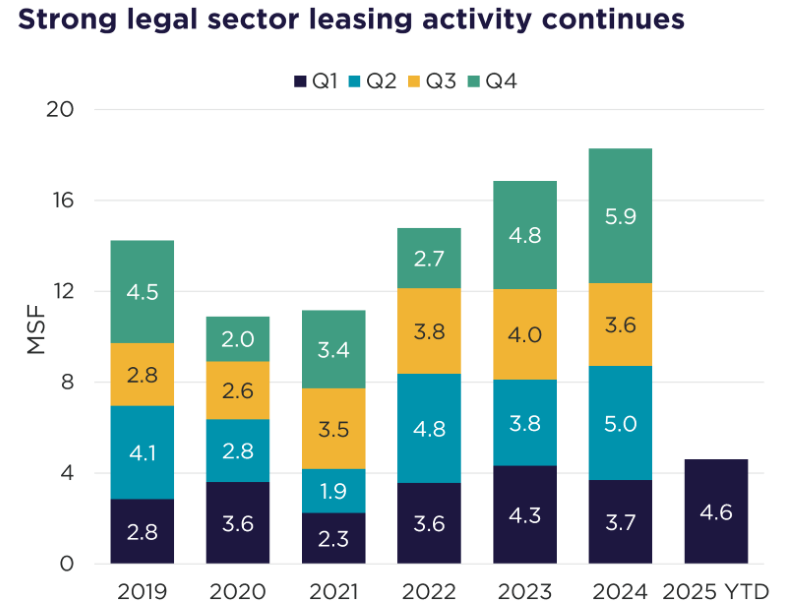
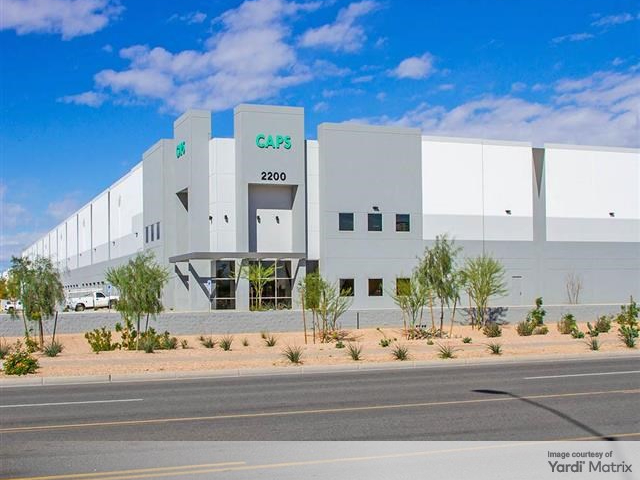
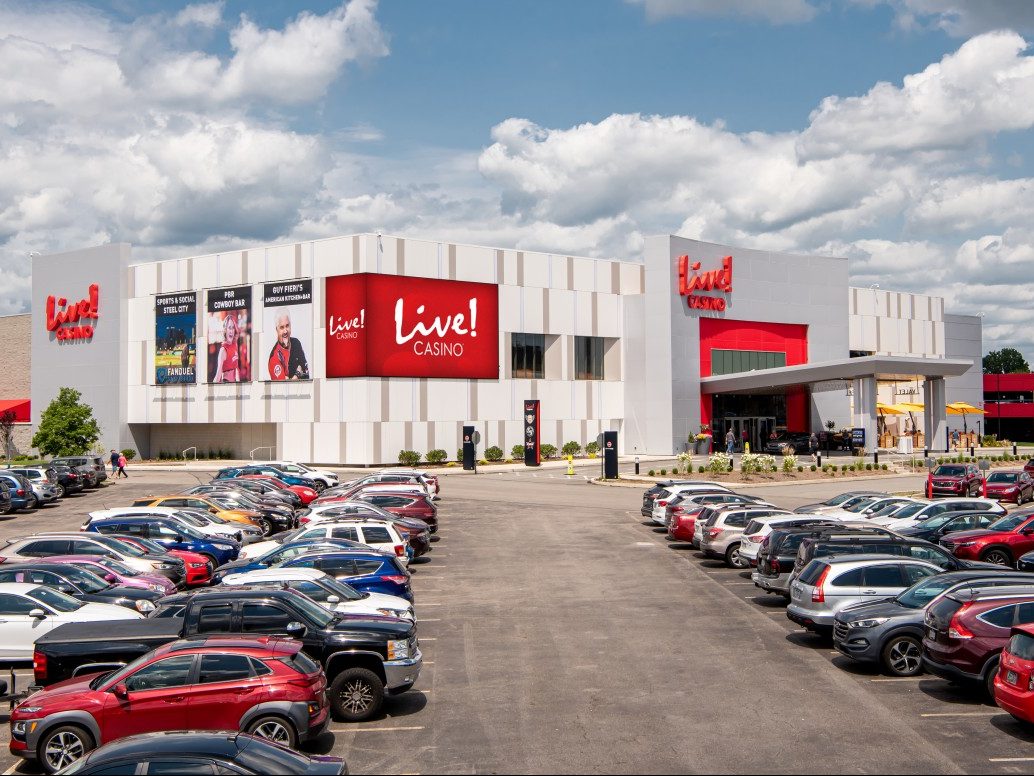
You must be logged in to post a comment.